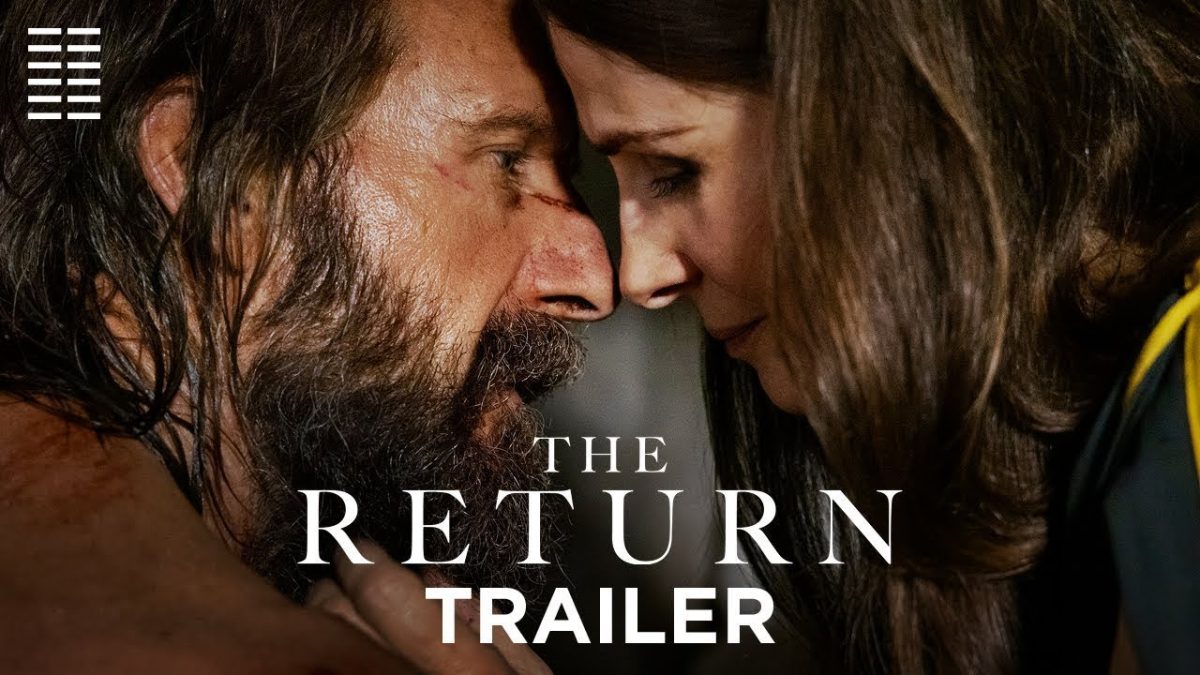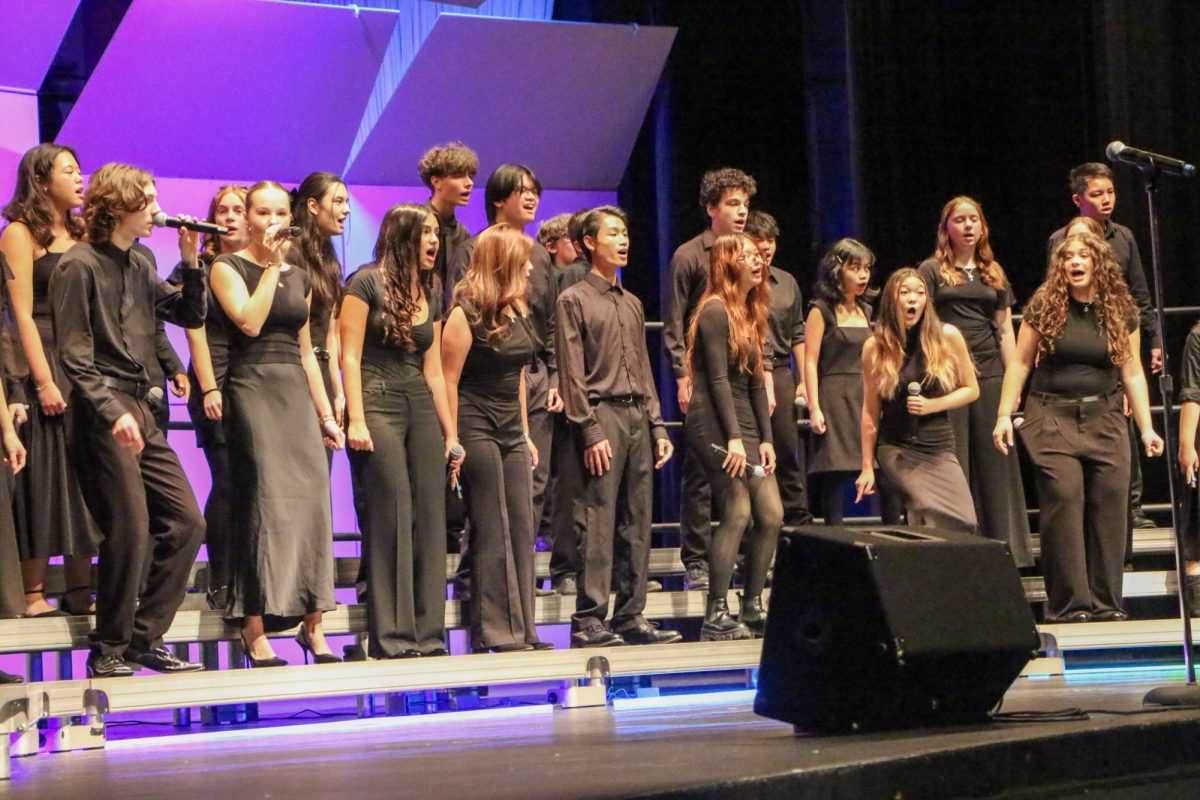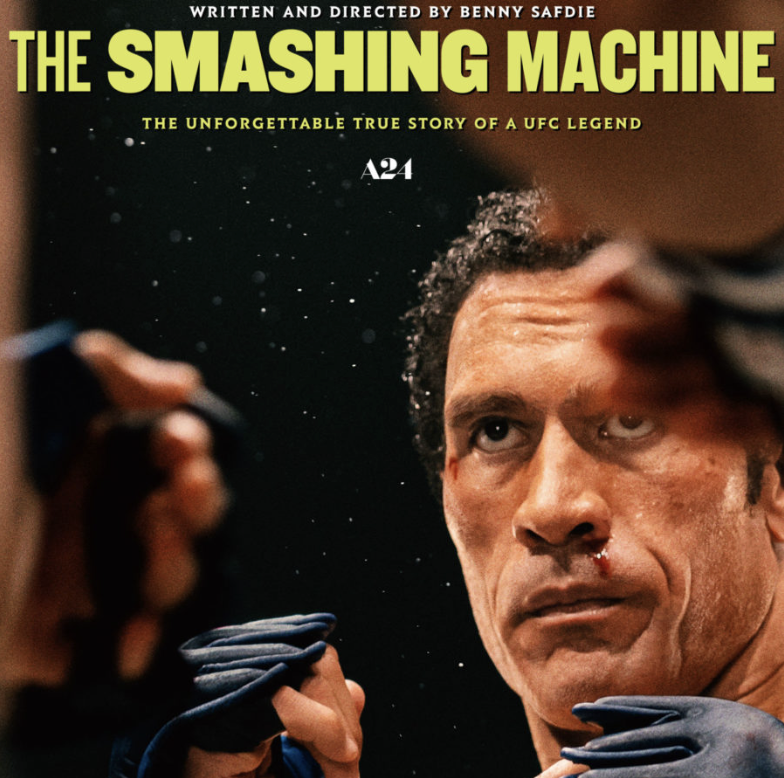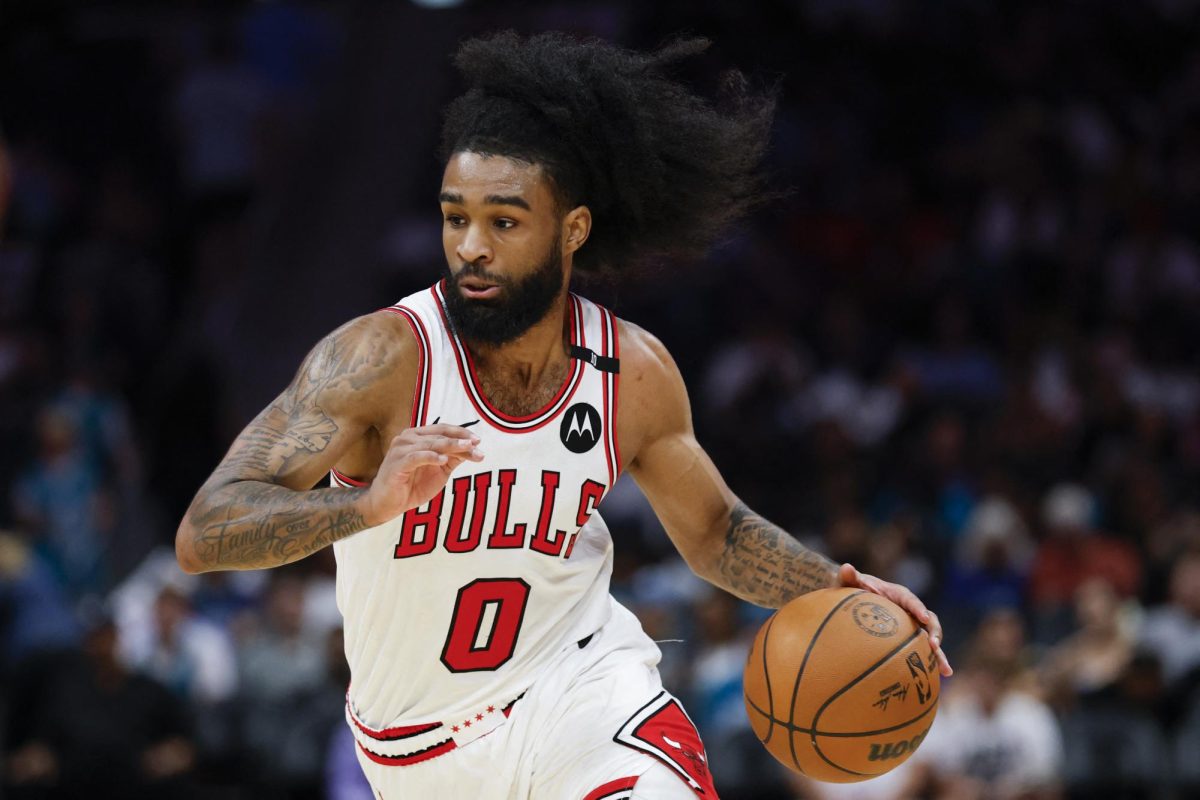“The Odyssey” is an epic poem by the Greek poet Homer, following Odysseus, the sacker of cities and hero of Troy, on his treacherous ten-year journey back to his home island of Ithaca. The poem and its other half, “The Illiad,” have inspired many adaptations, the most recent being “The Return,” which came out on Dec. 6. The new film is centered around the final books of the poem, making it more in-depth and personable.
“The Return” features Ralph Fiennes as Odysseus, Juliette Binoche as Penelope (Odyessus’ long-suffering and loyal wife) and Charlie Plummer as their son Telemachus. In the film, Odysseus finally makes it home to Ithaca after a 10-year-long war and another 10-year-long journey. He finds his home is riddled with suitors who intend to marry his wife. Odysseus must rid his home of the invaders but first, he must learn to face his past.
First off the performances in this movie were spectacular, Fiennes gave the role of Odysseus a newfound humanity and variability that the character has often missed. He takes into account the amount of trauma and shame Odysseus feels for his part in the Trojan War. I especially love that they didn’t shy away from Odysseus’ flaws and instead trusted the audience to decide whether or not his acts of violence could be forgiven. This is especially apparent in the scene where Penelope acts a ‘disguised’ Odysseus if her husband has also partaken in the monstrous side of war, and Odysseus doesn’t answer.
This scene makes us look into ourselves and ask whether or not we would forgive Odysseus if he deserves to be forgiven, and if anyone would forgive us. Fiennes also looks like a man who has been voyaging for ten years, which in essence sounds easy to achieve but in reality, is often not accomplished well in movie production. It wouldn’t make sense that Odyessus would come back to Ithaca with chiseled abs and a glow (well he eventually does when Athena becomes his personal glam squad in book 24, but that’s neither here nor there). Fiennes has the perfect stringy build, weary eyes, and beaten-down expression for Odysseus.
Binoche also displays Penelope’s wavering resolve perfectly in The Return, because let’s be honest who wouldn’t be a bit hesitant to believe their husband who has been missing for 10 years has made it back? Also, her silent determination is so riveting to watch on screen because she manipulates dozens of men to her will; not only is it a feat because of the quantity of men but also because of her limited role in society as a woman, with just a few sharp well-placed words. She conducts herself with such grace and femininity on screen that I was enchanted by her performance. Binoche also sheds new light on Penelope by showing her anger at the suitors, her husband, and the situation. Plummer does a phenomenal job by making Telemucus a brat, which is poem-accurate. Though it is a bit confusing what he wants his mother to do, in the poem he wants her to stay loyal to his father and chastises her for “flirting” while in the movie he does the same thing, but also tells her to give up hope. They also portray his anger at his father for “abandoning” them perfectly because, remember, Telecumus is most likely an angsty young adult at this point.
I loved that this film not only addresses Odysseus’ trauma and his fear that he is too broken for his wife and son, but it also shows that Odysseus wants to protect his son from the same fate. That’s why he tells Telemucus to leave and not partake in the brutal murder of the suitors, that’s why Penelope yells at him not to murder Antinuos, played by Marwan Kenzari. The addition of Odyusses’ father and dog was also much appreciated. The added details also made this movie top tier like when it intentionally mentioned the strain the island was going through because of the lack of young men (all of them went to the Trojan War and died), when they made the suitors younger than Penelope for obvious reasons, and when they explained why the bow only worked for Odyessus.
Some things I wish were done better was Penelope and Odyessus’ relationship. We know that Penelope stayed loyal to her husband. But why? Why did they love each other? Why did Odyessus fight so hard to get back home despite his trauma and personal injury? I wish we had some excerpts from their relationship to understand why. Although we do get a very touching ending and some more couple content, I would have liked to no more about their love. Another major flaw was the lack of magic. This is Greek mythology, why aren’t there any gods or goddesses, specifically Athena? I don’t think the movie industry understands that you can make a story based on fiction and mythology ring true in real life while keeping the magical elements too! This is a big problem when Odysseus has a conversation with Penelope. For example, what do you mean you expect your wife not to recognize you when you don’t even have a disguise on? This is dramatically different from the poem because Odysseus is literally transformed into an old man, making his wife not recognizing him more plausible. The lack of magic and relationship-building made the ending a bit flat. I was still exhilarated Odysseus made it home but it didn’t feel as triumphant as it did when reading the poem. That might be because the movie didn’t actually show the turmoil Odyessus went through, but I also think it is due to the lack of mystical forces.
Altogether, I would give it a 7/10. If you are thinking of watching it now that it is rated R, proceed with the appropriate caution.














